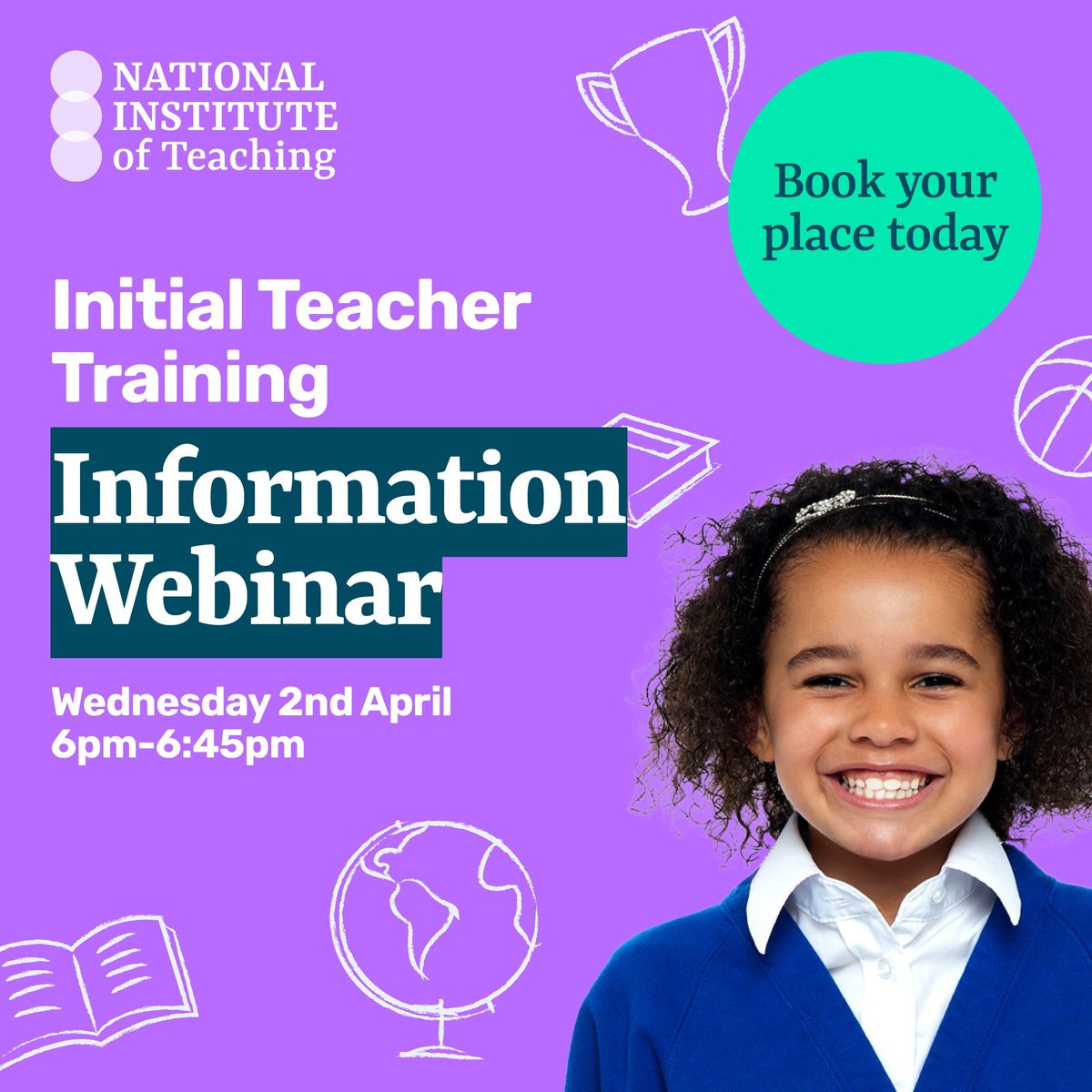Music
 Taught well, Music Education changes lives.”
Taught well, Music Education changes lives.”
The vision for the Music Department is to ensure that every student has the opportunity to express and empower themselves through a vibrant, extensive, and inspiring music curriculum that explores our rich musical tradition.
The curriculum is designed to challenge students to become both creative and theoretical critical thinkers, and each unit shows progression to ensure knowledge obtained is embedded and developed.
In order to communicate as musicians, and ultimately access the GCSE Music Appraising exam, disciplinary literacy is at the heart of all of our lessons. The key concepts of the ‘musical elements’ are embedded throughout the entire curriculum. Scaffolding and bespoke support is provided to ensure our SEND students can recall and retain the often complex language of music.
Our home learning policy also supports the learning and application of musical language. We use a wide variety of music to teach the different music elements and support our students to be global citizens through exposure to a wide repertoire.
In order to build confidence and perseverance, all students in Years 7-9 are given the opportunity to learn a musical instrument (through our partnership with MiSST) and are provided with numerous and varying performance platforms. Students are supported to develop mastery knowledge of their instrument through High Quality teaching and intervention support. Our SEND students typically make exceptional progress with their instrument learning and additional resources and intervention is put in place for any student that needs additional support with a particular aspect of instrumental playing.
Bespoke interventions are in place for students with EAL and SEND needs. Translations of Powerpoint slides, translated glossaries of subject-specific vocabulary and subtitled Powerpoints in lessons are provided for students with English as an Additional Language in order to help scaffold and support their learning. Interventions for SEND students are developed for each individual learner depending on their needs.
 Teachers within the Department have worked with the Academy Speech and Language Therapist to pre-teach key words and concepts to help give learners more access points to subject-specific language and glossaries of key concepts and terms are provided to help scaffold learning.
Teachers within the Department have worked with the Academy Speech and Language Therapist to pre-teach key words and concepts to help give learners more access points to subject-specific language and glossaries of key concepts and terms are provided to help scaffold learning.
For students that struggle to access traditional Western notation while playing instruments, the Figurenotes method of notation – which uses colour and shape - has been used successfully for students learning both violin and piano.
To complement the curriculum, we offer a large variety of enrichment opportunities and outreach activities with our professional partners. We have one musical LEAP Day per year group for Years 7-9 where all students in a year group come together to rehearse and perform a piece as an orchestra. This ensures all students are able to experience the aspiration and perseverance needed to perform in a large ensemble.
We also have an Academy Orchestra, Chamber Choir, Academy Choir, Steel Pan Band, Jazz Band and string, woodwind, brass, guitar and percussion ensembles that rehearse each week and perform at Academy events and events in the community. We do offer additional instrumental lesson for students that would benefit from this additional provision. Access to instrumental lessons is free and students are selected to receive lessons for a number of reasons including demonstrating a particular aptitude for music, SEND needs that could be supported with music intervention or and positive intervention for students that may need this.
The ultimate aim of the music curriculum is to create well-rounded, confident and aspirational students. We aim to create lifelong learners and the curriculum and enrichment opportunities supports students to understand the creative and theoretical benefits of studying music. We support students that are showing a deep level of aptitude for music to apply for junior conservatoires and seek additional opportunities for them with our partner organisations. Many students continue their musical studies beyond GCSE level, and we support their preparation for further study at colleges and sixth form centres.
Core skills
Composing
All students will be able to apply their knowledge of the Musical Elements and their practical performance skills to start writing their own compositions. All students will compose regularly from the start of Key Stage 3. Students who select Music for GCSE or BTec will be able to further hone their skills through drop-down days and 1:1 interventions.
Performing
All students will be able to develop their performance skills across a range of different instruments – including an orchestral instrument via the Music in Secondary Schools Trust programme at KS3. All students will perform regularly from the start of Key Stage 3, both on instruments and also singing.
Students who select Music for GCSE or BTec will be able to further hone their skills through 1:1 lessons with a peripatetic teacher on their chosen instrument.
Appraising
All students will be able to listen to pieces of music across the different styles studied and appraise them, applying subject specific vocabulary for the Musical Elements.
Further details of the curriculum can be downloaded below.
Documents
| Music Curriculum Overview | Download |






















